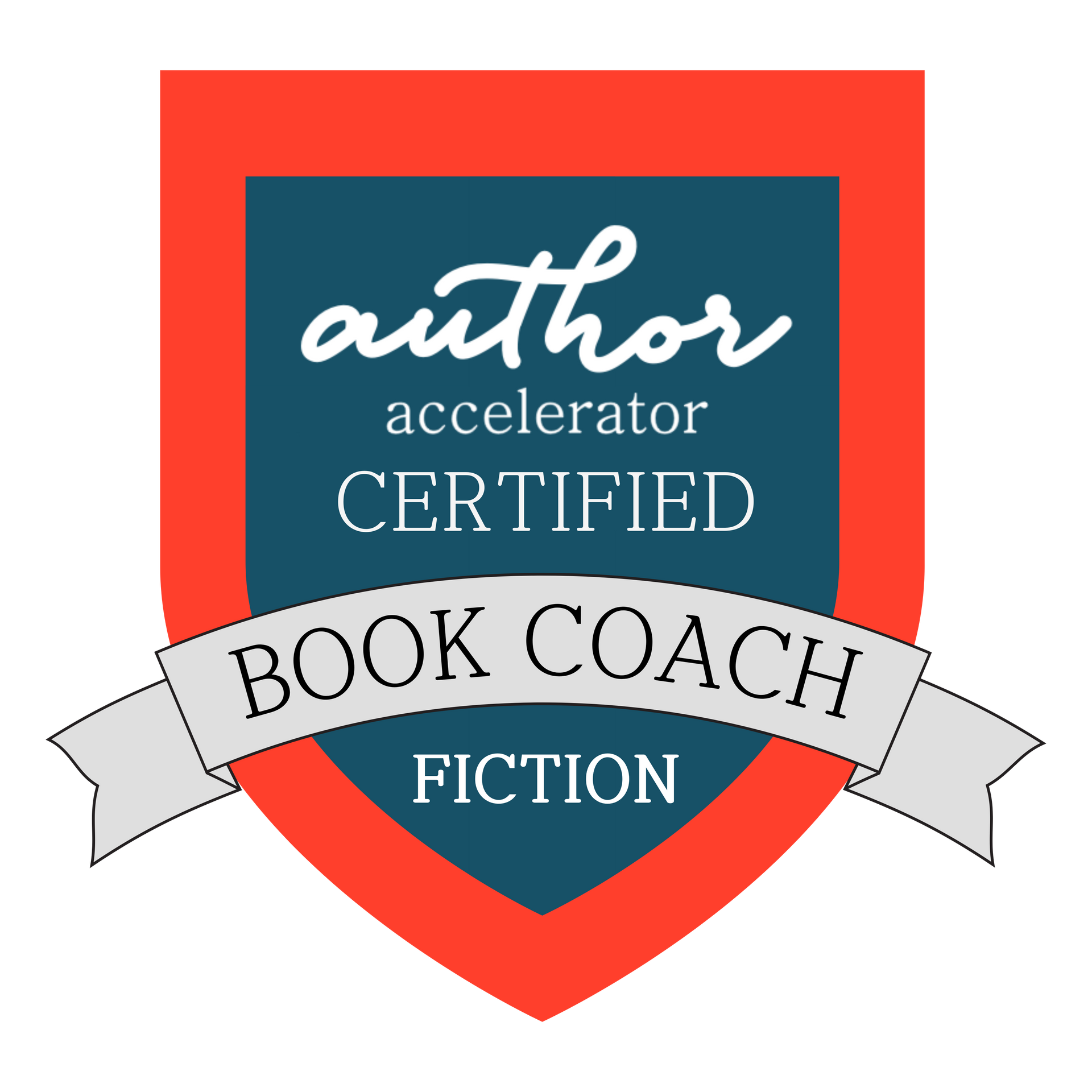How to start writing a book: a step-by-step guide for beginners
If you’ve been thinking, ‘I want to write a book, where do I start?’ this is the blog post for you. I have put together a step-by-step guide to help you write your book from start to finish. I’ve included some of my best writing habits and tips so you can stay focused, maximise creativity, and get professional support along the way as you need it.
How to start writing a book and get it published:

Decide on your idea
Maybe you already know exactly what your book is about, or perhaps you are trying to decide between several big ideas.
Something I ask authors at the beginning of their project is to tell me the answers to the following questions:
WHY do you want to write a book?
WHO is your ideal reader?
WHAT do you hope the reader will get out of it?
WHAT is the genre of your book?
WHAT is the plot of your book in less than 50 words?
These questions not only help you to refine your idea, they will also uncover your niche so you can start marketing towards those people as you're writing.

Create an outline
Before you start writing a book, it’s important that you have a clear vision of what you are creating. An outline serves as a road map for your writing sessions. It provides structure for your book and ensures you accomplish the goal you set out to achieve.
Your outline should be a one page document (minimum) that includes every major point. But don’t forget this is a fluid document that you can expand on and change throughout the writing process.
Start with research
Research is an essential part of the process whether you are writing fiction or nonfiction.
For works of fiction, research enables you to provide helpful context for the time period or character archetypes that you’re writing about. For your novel to be believable, your technical and historical details must be correct.
As for nonfiction, getting the facts right leads to a polished book. It is crucial that you avoid making errors that might impact your reader’s trust or damage your credibility as an author and expert.
Write the first draft
Once you’ve completed all of the necessary preparation, it’s time to begin writing your rough draft. This requires committing to consistent routines and productive writing habits.
I've worked with many authors over the years, and in my experience, writing is a process. It tends to happen in fits and starts. The way a book comes together is by first writing a word, then a sentence, then a paragraph.
Four tips to help you start writing a book:
- Set aside time to work on it each day – this consistency and daily practice is necessary to make it happen.
- Write in the same place – create a place where you sit down with the sole intention of working on your book.
- Give yourself a daily word count – this gives you something to aim for. Make it small and achievable.
- Ask a friend or fellow writer to hold you accountable by sending them updates on how much you’ve written that day.

Revise what you’ve written
Every book worth reading goes through many rounds of revisions. You need to have an honest, ruthless eye on your writing so that you can know what needs reworking.
When you self-edit at this stage, here are some tips to help you catch mistakes, inconsistencies and plot holes:
- Use spell check – it's easy to ignore the red squiggly lines but it does encourage you to go back and edit or ignore each error.
- Double-check your work – simply reading what you've written a second time can help you catch mistakes.
- Read it again later – immediately after completing your work it's still familiar to you. Come back later with fresh eyes to be more aware of errors.
- Read it aloud – reading forces your brain to pay attention to each word.
If you want to enlist a second pair of eyes, I can help you with a developmental edit or a manuscript assessment. I can help to rework your manuscript, focusing on the big picture elements and working with you to sort out any issues.
Write your second draft
This is when you can apply your revisions and edits. As you write your second draft, consider the following questions to strengthen your writing:
Does your book have a consistent tone?
Is there an overarching theme that can be developed?
Are there weak parts of the book that can be removed?
Does the book have a strong opening hook?
Does it have an impactful conclusion?
At this stage, I can support you with
copy editing. This involves examining the “meat” of the work and determining whether or not it meets your goals and the audience's needs.
Publish your work
Lastly, you’ll want to ensure you haven’t missed any important details. That’s where
proofreading comes in. Proofreading is the last step between you and the reader. It is the final check that ensures your writing is professionally written, precise and easy to read.
Once you’ve completed your final draft, it’s time to publish. You have the option to self publish or go the traditional route and submit a book proposal to a publishing house with the help of a literary agent.
One thing you might not know about publishing a book is that getting a traditional publishing deal isn't that easy! Unless you are royal, famous, or have millions of followers on Instagram or Booktok, getting a book deal won't be easy.
The advice I always give to clients is this: get people talking about your book.
Without excellent marketing, nobody will know you've written a book. You have to learn how to market yourself and you have to make yourself stand out from the crowd.

Want help bringing your book idea to life?
If you don’t follow me on social media you may not know that I am training to become a book coach.
As a book coach, I’ll be guiding authors through the book writing process, helping them stay organised, brainstorm ideas, and get their book ready for publishing.
As part of my training, I need another two authors I can work with. If you have a book idea and think that could be you, let's schedule a time to have a free no obligation chat! If you’re a Christchurch local, we can meet at a café to talk about your book but if you are not, we can have a Zoom coffee date instead.
Click here to get in touch with me. I’m looking forward to hearing from you!

